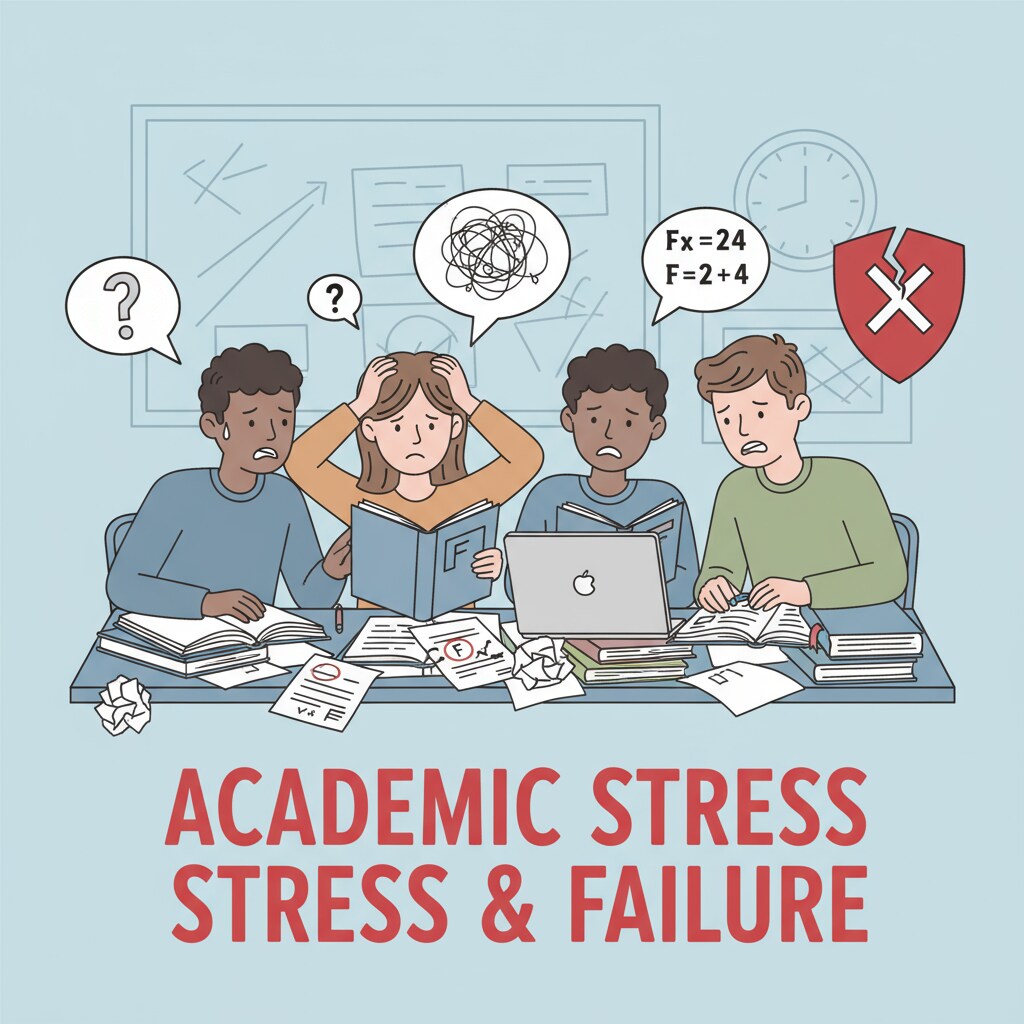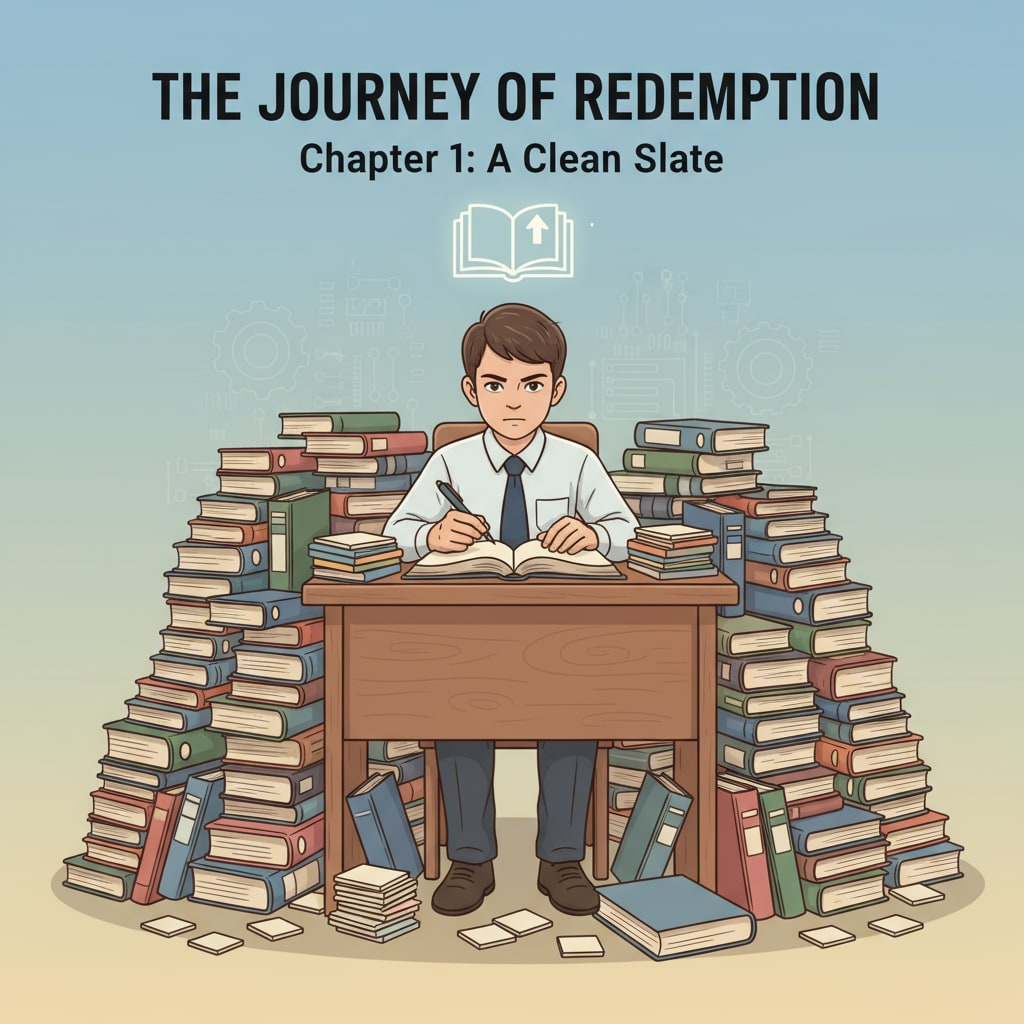Academic failure, university expulsion, and reapplication are complex issues that many students encounter on their educational journey. In today’s competitive academic landscape, the pressure to succeed is immense, and when students face setbacks, the path to redemption can be filled with obstacles. Let’s take a closer look at these challenges and how students can overcome them.

The Root Causes of Academic Failure
One of the primary reasons for academic failure in university can be traced back to the K12 education system. Many students enter college without adequate academic preparation. For example, they may lack strong foundation skills in subjects like mathematics, writing, or critical thinking. According to National Center for Education Statistics, a significant number of high school graduates struggle with college-level coursework. This lack of preparedness often leads to poor grades and, in some cases, university expulsion.
The Aftermath of University Expulsion
Being expelled from university is a devastating experience. It not only shatters a student’s dreams but also brings about a series of practical problems. Students may face difficulties in finding alternative educational opportunities. Their self-esteem can take a hit, and they may experience anxiety and stress. Moreover, future employers may view expulsion as a red flag. However, it’s important to note that this is not the end of the road. There are ways for students to bounce back and reapply to university.

To successfully reapply, students need to take several steps. First, they should reflect on their past mistakes and develop a plan to address them. This could involve seeking additional tutoring, improving study habits, or taking relevant courses to strengthen their academic skills. They also need to write a compelling personal statement explaining their situation and demonstrating their commitment to academic success. Additionally, obtaining strong letters of recommendation can greatly enhance their chances of being accepted.
Readability guidance: As seen above, we’ve used short paragraphs to clearly present ideas. Each section focuses on a key aspect of the topic. We’ve also included external links to reliable sources for further information. By using transition words like “however” and “moreover”, we’ve made the flow of the article smoother.


